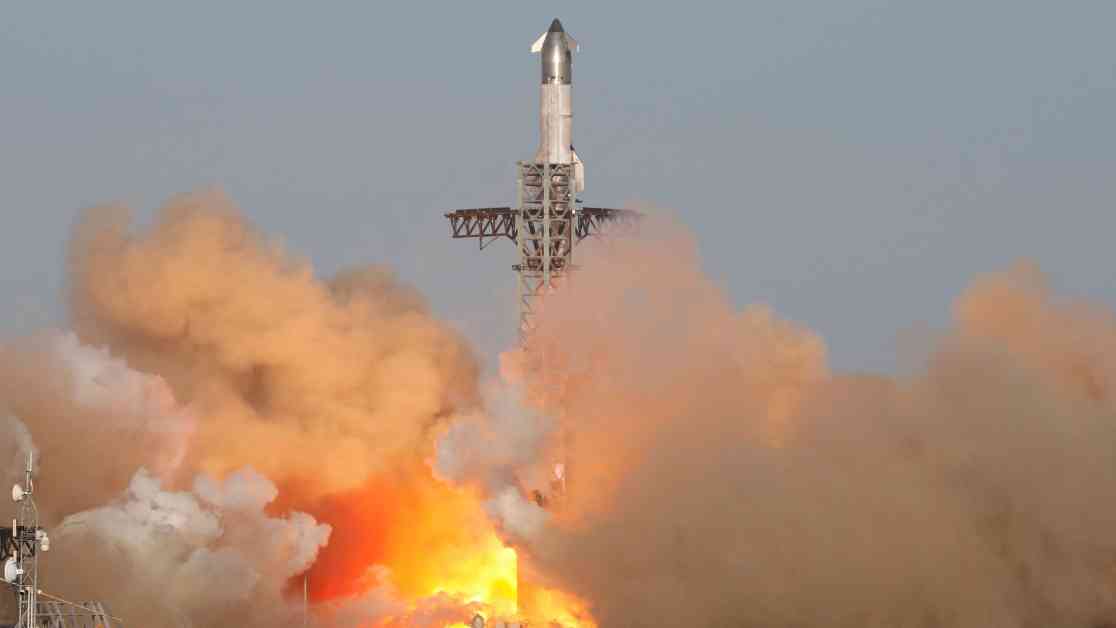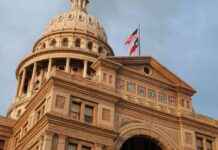The Federal Aviation Administration has temporarily halted flights to multiple Florida airports following a SpaceX Starship testing mishap. This incident marks the second time this year that SpaceX has faced difficulties during a flight test of Starship, leading to debris falling and disrupting commercial flights. Affected airports include major hubs like Miami International Airport, as well as airports serving Fort Lauderdale, West Palm Beach, and Orlando, Florida.
FAA Response and SpaceX Statement
In response to the incident, the FAA issued a statement on Thursday, mandating that SpaceX conduct an investigation into the loss of the Starship vehicle during launch operations on March 6. During the event, the FAA activated a Debris Response Area, temporarily slowing or stopping aircraft outside the affected zone. Normal operations have since resumed.
SpaceX addressed the situation in a post on Thursday night, revealing that the Starship vehicle experienced a rapid disassembly during ascent burn, leading to loss of contact. The team immediately collaborated with safety officials to carry out pre-planned contingency responses. SpaceX also expressed intentions to analyze the data from the flight test to identify the root cause of the incident.
Starship’s eighth test flight took off from the company’s spaceport near Brownsville, Texas, at 6:30 p.m. ET. During the livestream of the test flight, several engines appeared to shut down while the upper-stage Starship was still ascending. Although communication with the spacecraft was lost, SpaceX successfully used the arms of its launch tower to capture the rocket’s Super Heavy Booster.
Impact on Airspace and Regulatory Concerns
The disruption caused by the SpaceX mishap highlights the complex interactions between commercial airlines, private planes, and the space industry, especially in the congested airspace around Florida. The FAA had previously warned pilots about the potential danger of falling debris from the Starship rocket.
SpaceX had been conducting an investigation into a previous incident involving the Starship rocket, which resulted in debris causing flight diversions. Despite ongoing inquiries, the company was permitted by the FAA to proceed with the eighth test flight before completing the investigation. SpaceX has not yet provided further details regarding the recent mishap.
The Starship rocket, when stacked on the Super Heavy booster, stands as the tallest and most powerful rocket ever launched, measuring 403 feet in height and approximately 30 feet in diameter. This rocket is essential to SpaceX’s ambitious plans for future space missions and exploration.
Elon Musk, the founder of SpaceX, serves as a senior advisor to former President Trump and has been tasked with streamlining government agencies. His influence over regulatory bodies like the FAA has raised concerns among Democratic lawmakers regarding potential conflicts of interest and security risks.
The FAA’s decision to halt flights to Florida airports following the SpaceX Starship testing failure underscores the intricate balance between innovation in space technology and the safety of commercial air travel. As SpaceX continues to investigate the incident and work towards future launches, the aviation industry remains vigilant in ensuring the security and efficiency of airspace operations.



















